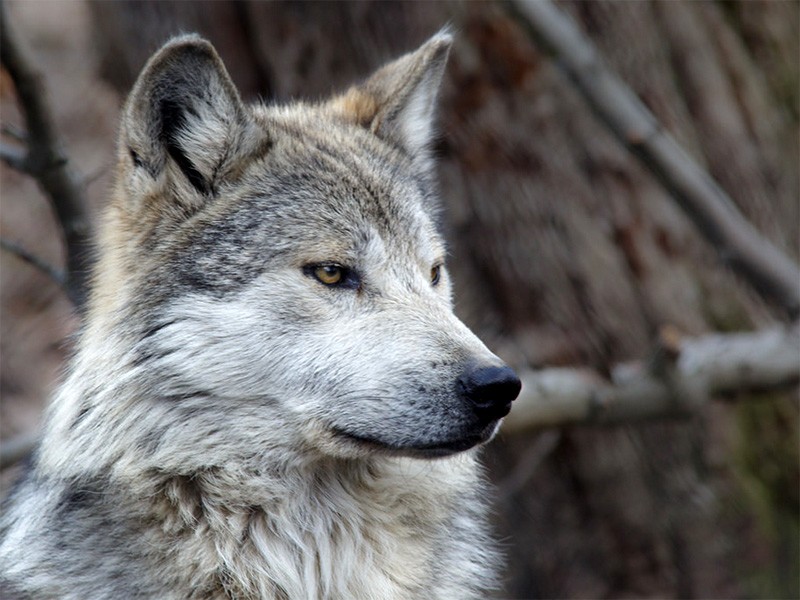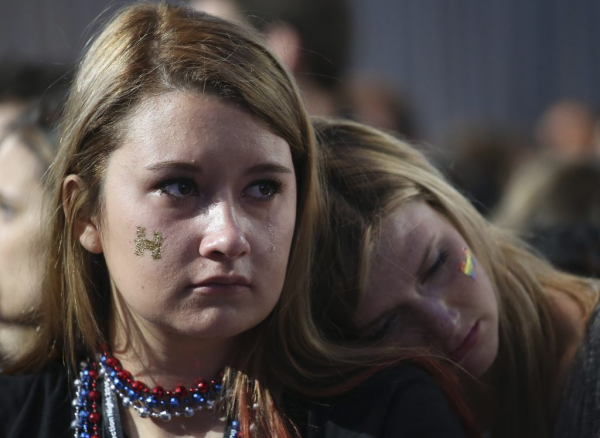Changes to endangered species law anticipated
On April 5, 2018, the White House announced that they were in the process of writing up a draft of a proposal that could remove protection for endangered species in the United States.
The proposal is labeled the “Removal of Blanket Section 4(d) Rule.” The Fish and Wildlife Service Blanket 4(d) rule is an act established in 1978 that protects threatened plants and animals and is“necessary and advisable to provide for the conservation of such species.” The Blanket 4(d) act covers nearly 300 species along with a total of 70 species that each have their own specific rule.
This act is part of the Endangered Species Act that provides for the conservation of species and that are threatened and “throughout all or a significant portion of their range, and the conservation of the ecosystems on which they depend” according to NOAA, the National Oceanic and Atmospheric Association.
This act was implemented to extend the range of protection of threatened animal species to plant species as well. In addition to prohibit sale and transport of the threatened species and any harassment, harm, pursuit, killing, capturing, or collection of the species.
The Trump administration only aims to change the way future species, including future endangered species, are listed. The proposal would individualize the guidelines for each specific species instead of making one general guideline for all endangered species.
“The protective regulations that currently apply to threatened species would not change, unless the Service (Fish and Wildlife Service) adopts a species-specific rule in the future,” the White House proposal says.
But, Secretary of the Interior, Ryan Zinke’s promotion of Susan Combs to the head of the Fish and Wildlife Service is worrisome as she is known to be critical of endangered species.
Some species listed under the Blanket 4(d) rule include the Northern Long Eared Bat, the Grizzly Bear, Gray wolf, and the manatee.
The Trump administration believes that the new proposal will not change any current protections on any species.
However, the new proposition can provide an advantage for agricultural and oil companies to expand their business as they would not have to be concerned with killing animals or harming their habitat. Noah Greenwald makes this statement as the head of an endangered species project at the Center for Biological Diversity. His project helps to make sure that endangered species receive the proper care and protections they deserve.
The White House has not released any further statements or developments.

I am in 12th grade. I am undecided about my future career. However, I would like to work in Science. I took journalism in order to improve my writing skills...








